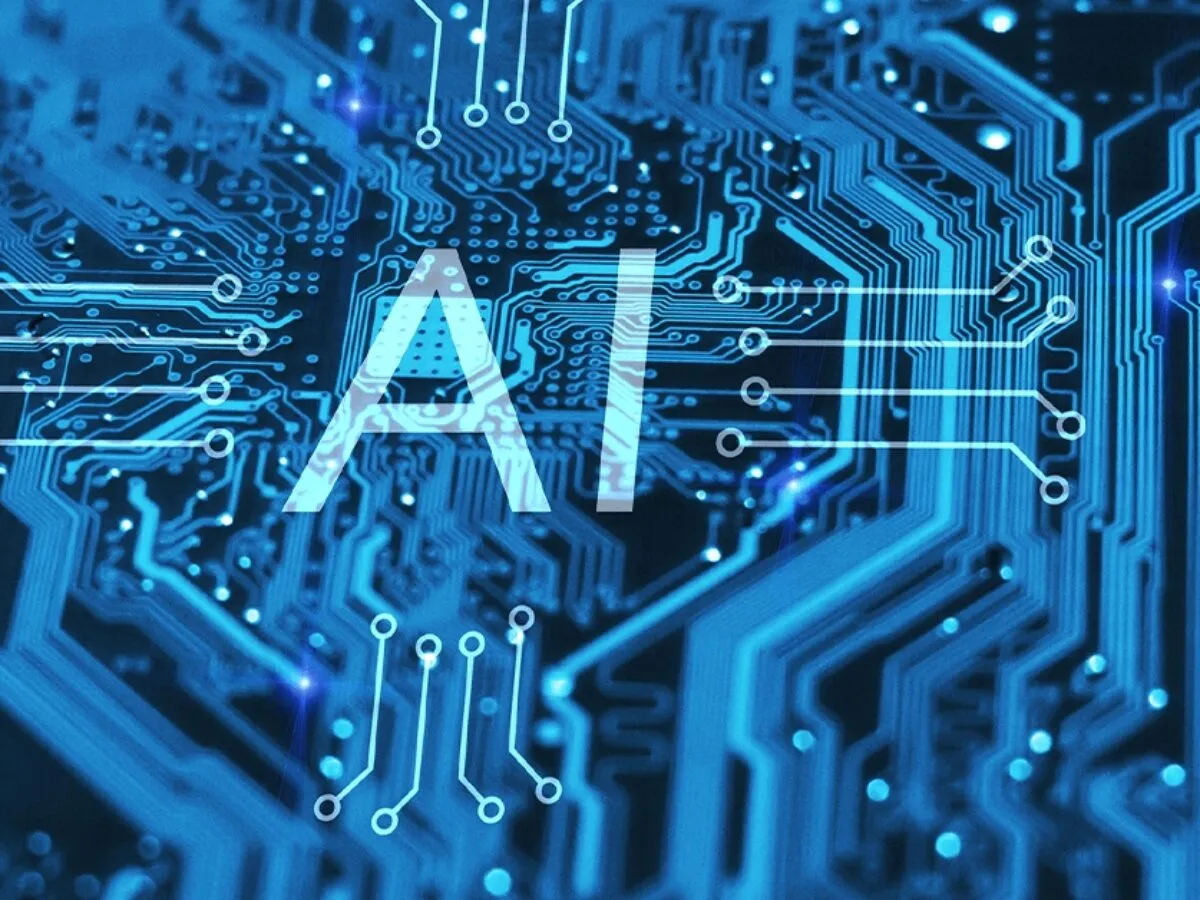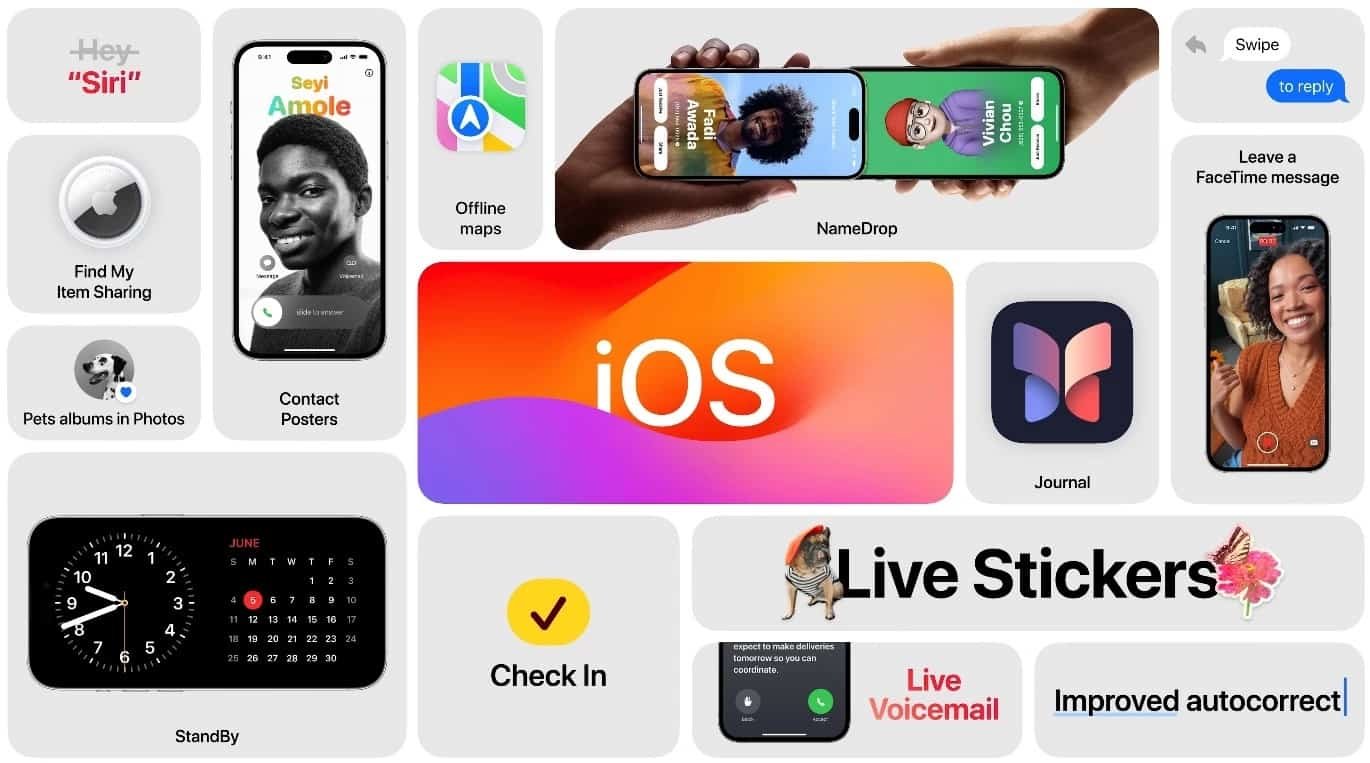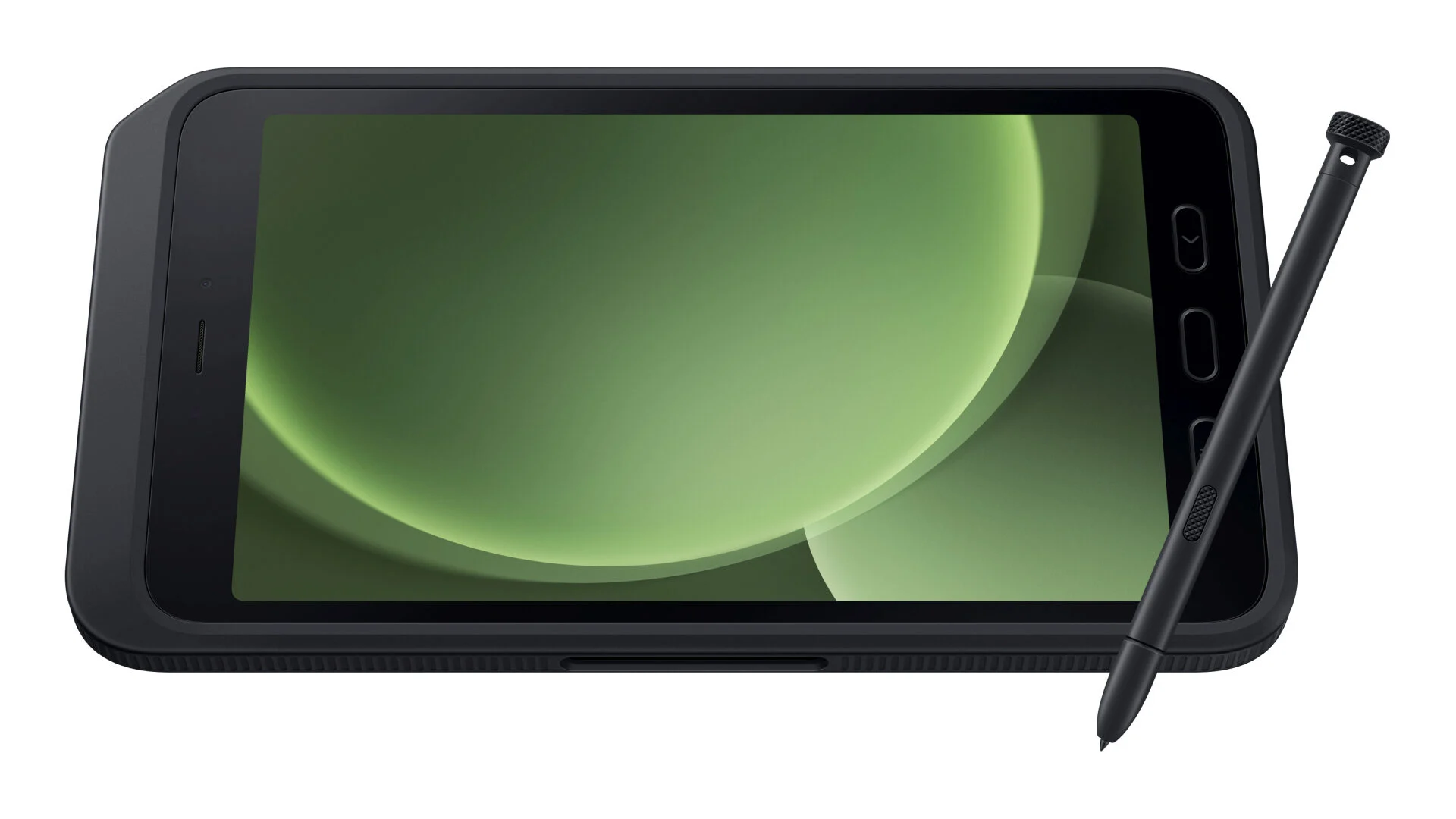In an era where technology and sustainability intersect, Microsoft’s Artificial Intelligence (AI) has made a significant breakthrough in battery technology. Collaborating with the Pacific Northwest National Laboratory (PNNL), Microsoft AI has identified a novel material that could transform the battery industry by reducing our reliance on lithium-ion batteries.
Key Highlights:
- Microsoft AI screened over 32 million materials, identifying a new battery material.
- The discovery uses about 70% less lithium, replacing part of it with sodium.
- The project demonstrates the potential of AI in accelerating scientific discovery and material innovation.

Revolutionizing Battery Technology with AI
Microsoft and PNNL’s joint venture represents a significant stride in material science. Utilizing AI and high-performance computing (HPC), they screened an initial pool of 32.6 million materials, eventually narrowing it down to a promising electrolyte that uses approximately 70% less lithium. This discovery not only paves the way for more sustainable batteries but also showcases the efficiency of AI in scientific research.
The process involved AI models predicting the stability and properties of various materials, significantly speeding up the research process. Traditional methods, relying on density functional theory calculations, are considerably slower compared to this AI-driven approach. The final candidate, a sodium-lithium compound, exhibits promising ionic conductivity, crucial for its application in solid-state electrolytes.
The Path to Discovery
This pioneering discovery began with a massive dataset of 32.6 million potential materials. Using Azure Quantum Elements, a cloud-powered HPC resource, Microsoft AI rapidly filtered these candidates down to a manageable number. The collaboration between Microsoft’s technology and PNNL’s material science expertise was key in identifying the final electrolyte material.
Implications for Future Research and Sustainability
This achievement is more than just a step towards better batteries; it signifies a paradigm shift in how scientific research is conducted. Leveraging AI and HPC resources, the team has demonstrated how technology can drastically reduce the time and resources needed for such groundbreaking discoveries. This approach could be instrumental in addressing various global challenges by accelerating the pace of innovation.
Microsoft’s AI-driven discovery, in partnership with PNNL, marks a significant milestone in material science and sustainable technology. By replacing a portion of lithium with sodium in batteries, this innovation not only addresses the limitations of lithium-ion batteries but also opens up new possibilities for environmental conservation and resource efficiency.





























